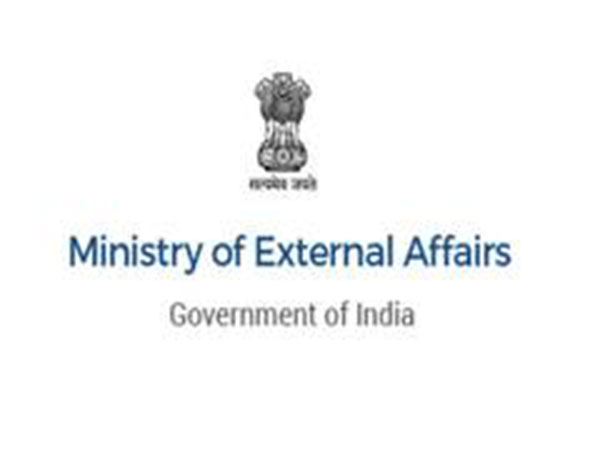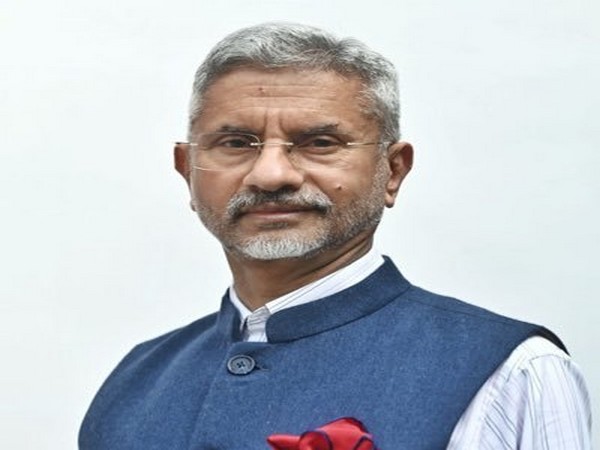The Ministry of External Affairs (MEA) has set up a 24-hour control room in view of the ongoing Israel-Palestine conflict. The control room will help monitor the situation and provide information and assistance.
The contact details of the control room in New Delhi are as follows: 1800118797 (Toll-free), +91-11 23012113, +91-11-23014104, +91-11-23017905, +919968291988, situationroom@mea.gov.in, according to a release issued by the MEA.
Meanwhile, the Indian Embassy in Tel Aviv, Israel has set up a 24-hour emergency helpline, which can be accessed at, +972-35226748, +972-543278392, cons1.telaviv@mea.gov.in.
India’s Representative Office in Ramallah has also set up a a 24-hour emergency helpline, which can be accessed as per contact details: +970-592916418 (also whatsapp), rep.ramallah@mea.gov.in
Indian Ambassador to Israel, Sanjeev Singla in his message said that the situation was being monitored closely and the embassy was there to serve its citizens.
“To our fellow Indian citizens in Israel, this is to assure you that the Embassy is working constantly for your safety and welfare. All of us are going through very difficult times. But please remain calm and vigilant & follow the local security guidelines. We are here to help you and we thank many of you who have sent so many messages of appreciation. We are monitoring the situation closely and please stay tuned for any updates by the Embassy” said the Indian envoy to Israel.
Meanwhile, amid the ongoing Israel-Palestine conflict, the Indian diaspora in Israel has expressed confidence in the country’s military and said they want to live peacefully.
A woman of Indian origin in Ashkelon, Israel, Ilana Nagaukar, told ANI: “Yesterday, a missile struck here, vehicles caught fire and there was a power cut in all these buildings. We feel that we are in danger but we believe in our Army. This is our home and we can’t go anywhere. We want to live here peacefully”
Another woman of Indian origin, Rikki thanked Prime Minister Narendra Modi for supporting Israel’s residents.
She said, “We are thankful to PM Modi that he is supporting us. He’s doing a lot of things for us, for Israel and for our community in India. And we think that the things that he is doing for us, it’s very strong.”
Meanwhile the Israeli Defence forces continued their offensive against Hamas.
Today the Israeli Air Force attacked the Islamic University in Gaza City, which according to them served as a major training centre for Hamas engineers.
The Israeli Air Force in a statement said “Fighter jets recently attacked the Islamic University, which serves as an important centre of political and military power for the terrorist organization Hamas in the Gaza Strip and a training institution for the development and production of weapons. The Air Force continues with extensive waves of attacks in the Gaza Strip at this time as well.”
Israeli Air Force Chief of Staff, Brig. Gen. Omer Tishler, reviewed the Israeli Air Force’s operational activity and said that the forces were operating on a multi-front attack.
“We will not concentrate on what was, we concentrate on what is happening here and now. The IDF knows how to operate in a multi-front manner as long as necessary. We don’t differentiate between day and night – that’s what war looks like.” said Chief of Staff of the Air Force, Brigadier General Omer Tishler. (ANI)
Read More: https://lokmarg.com/

